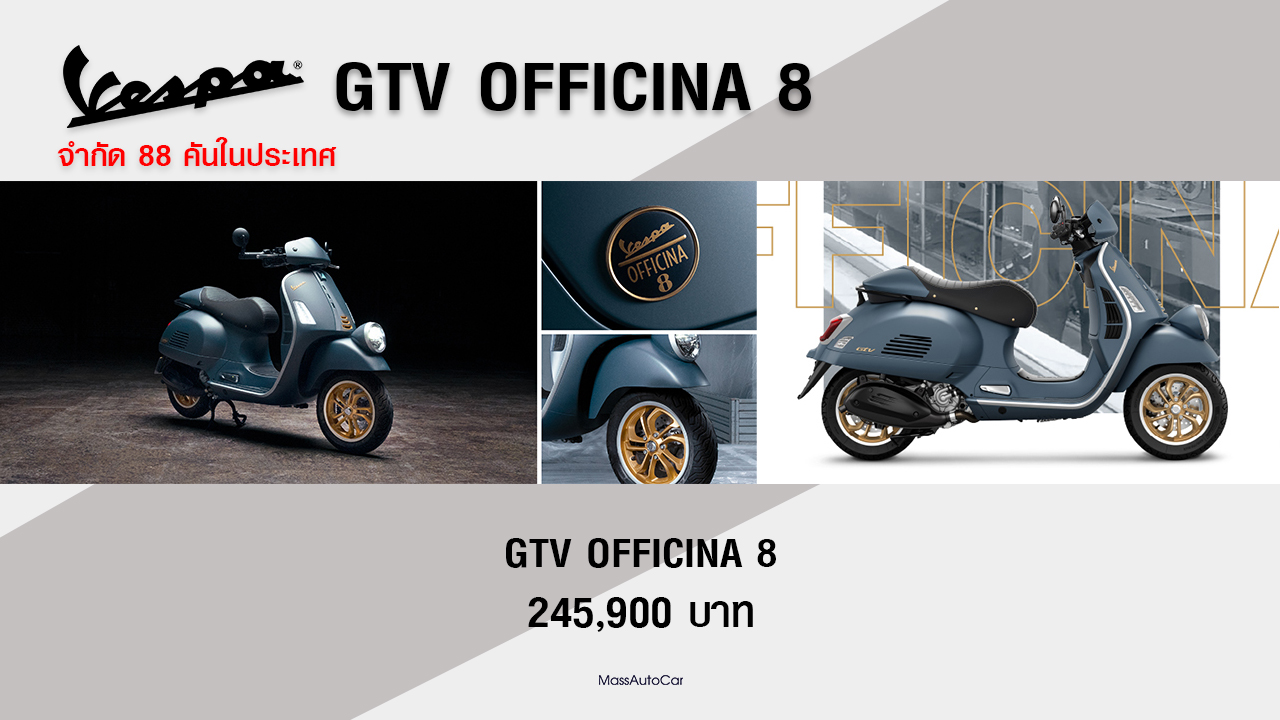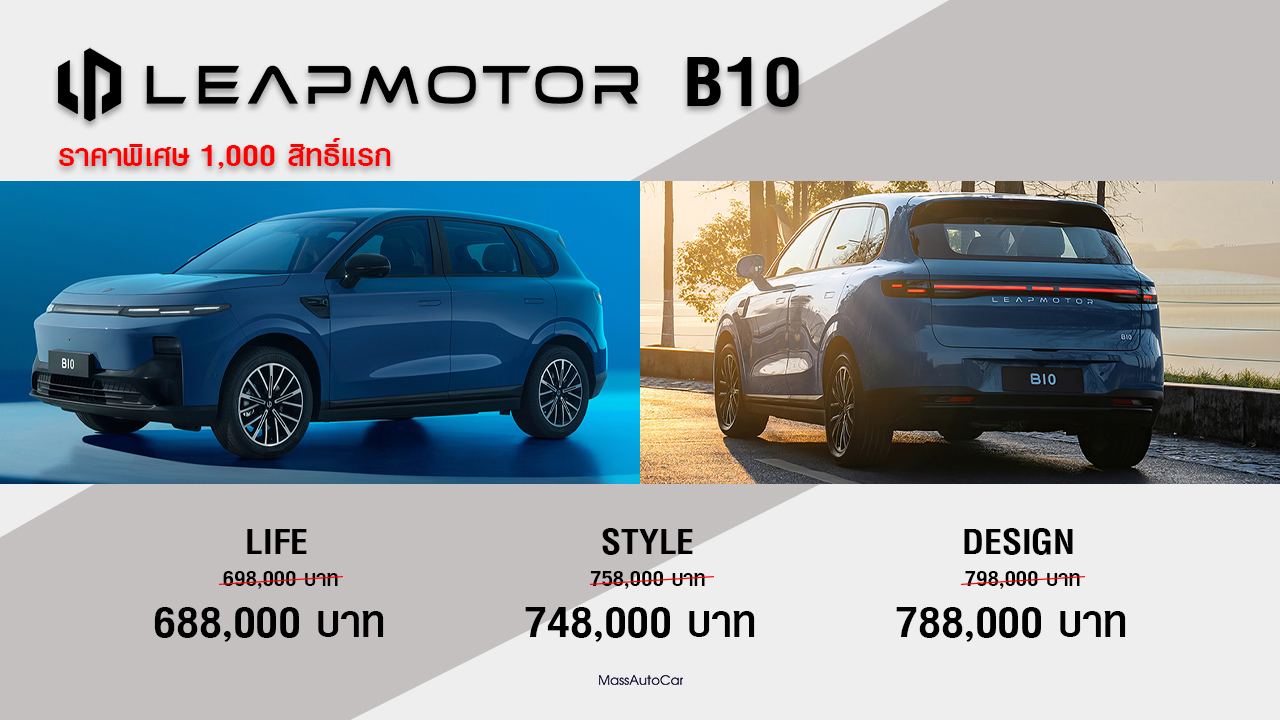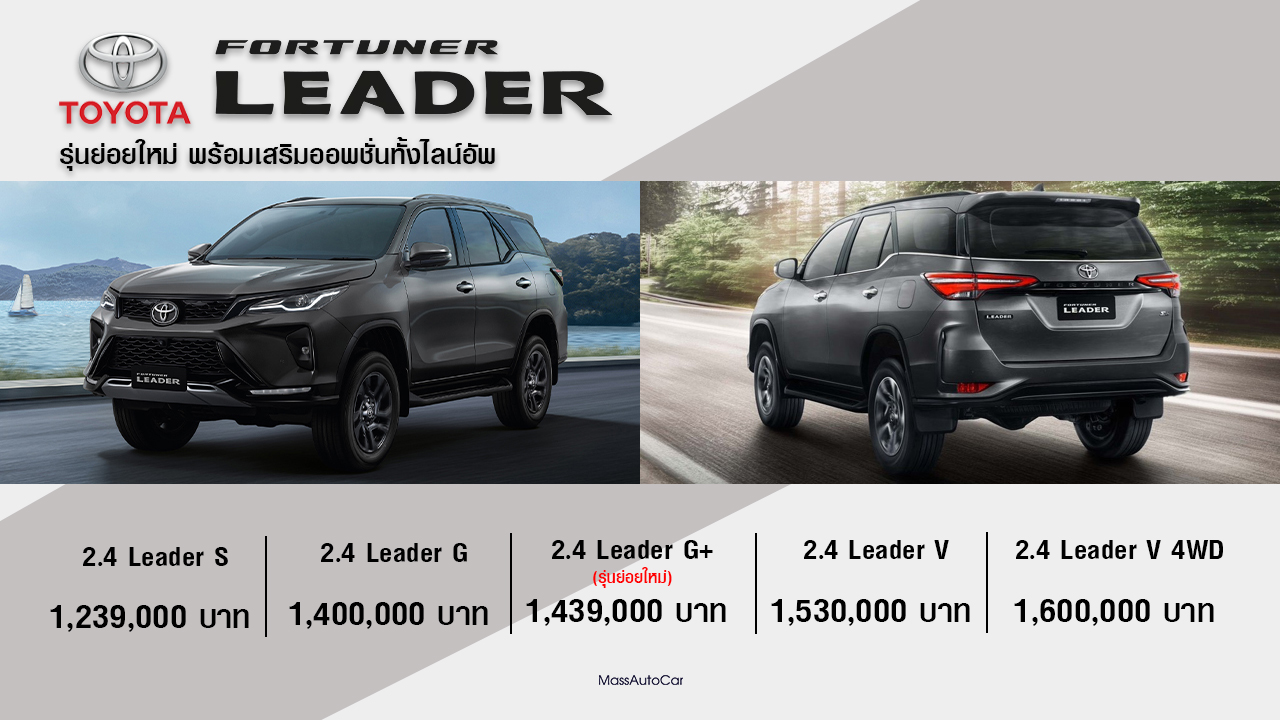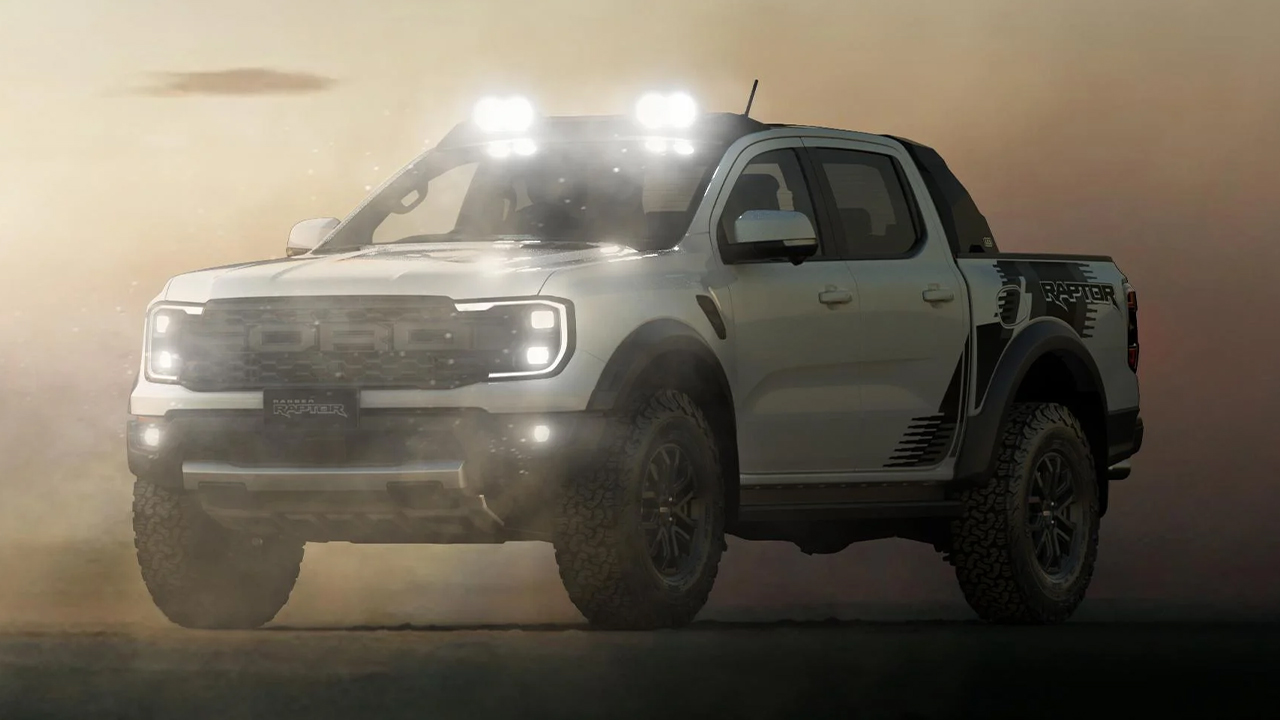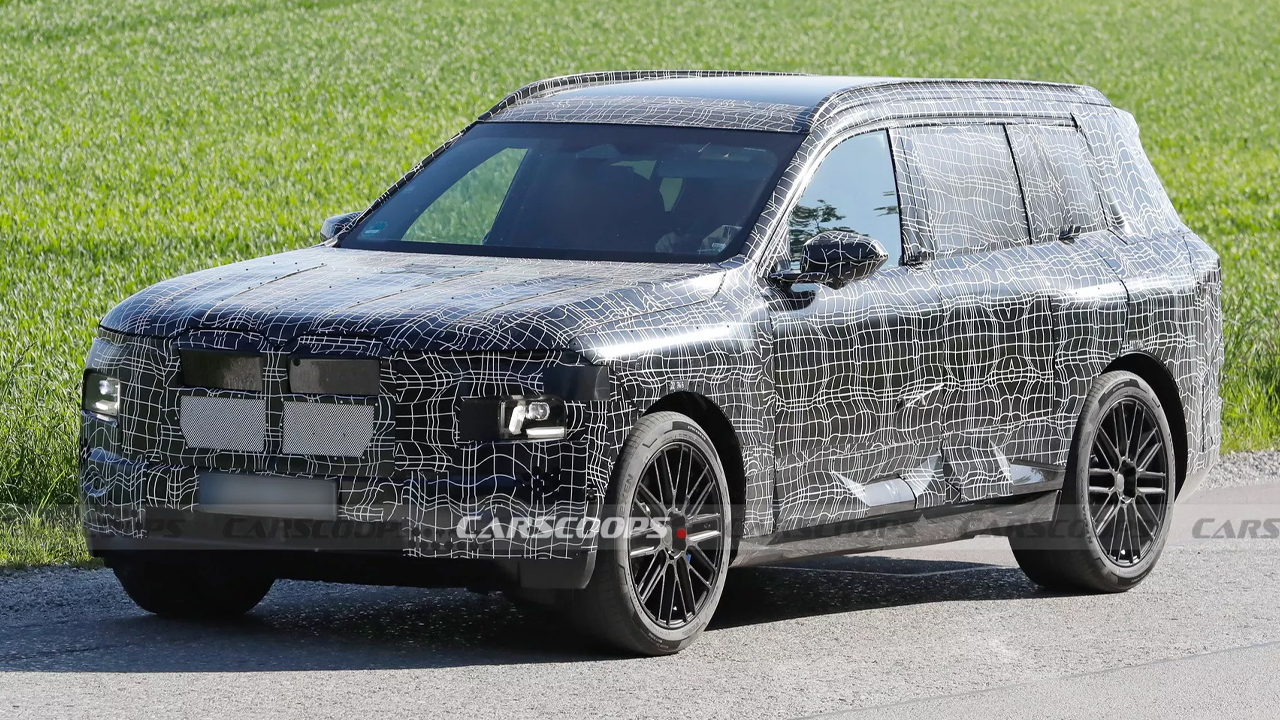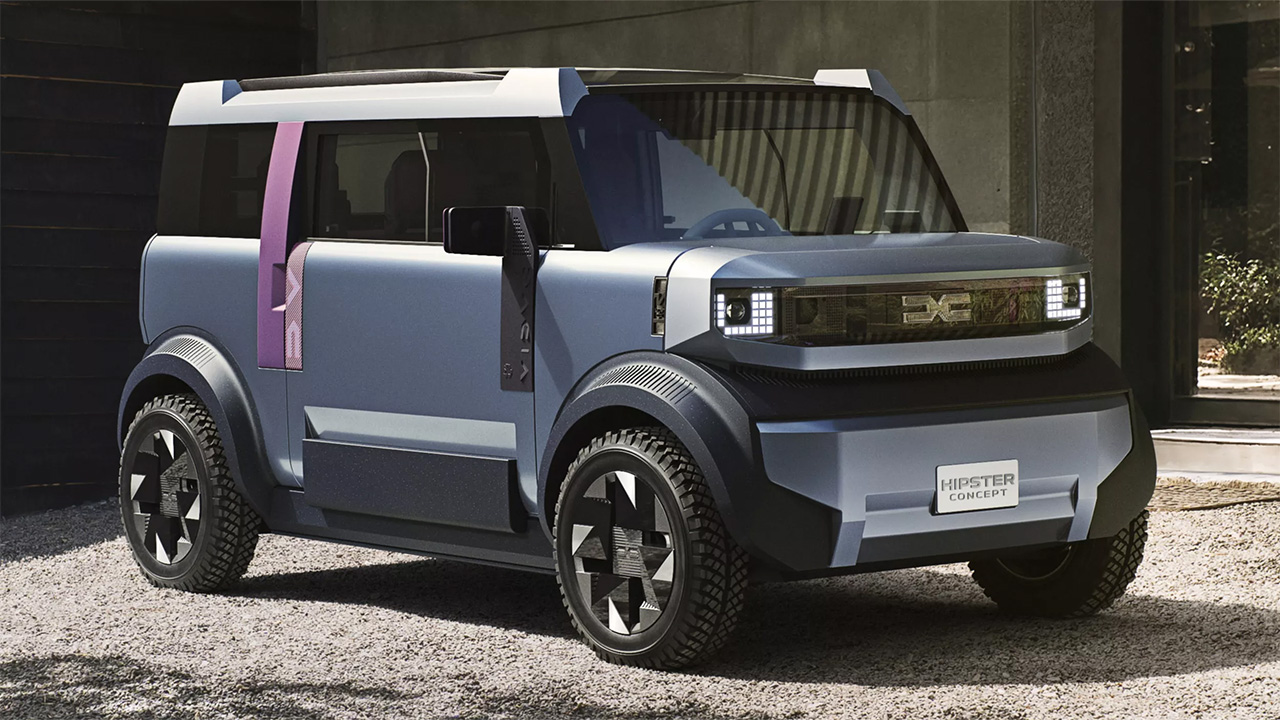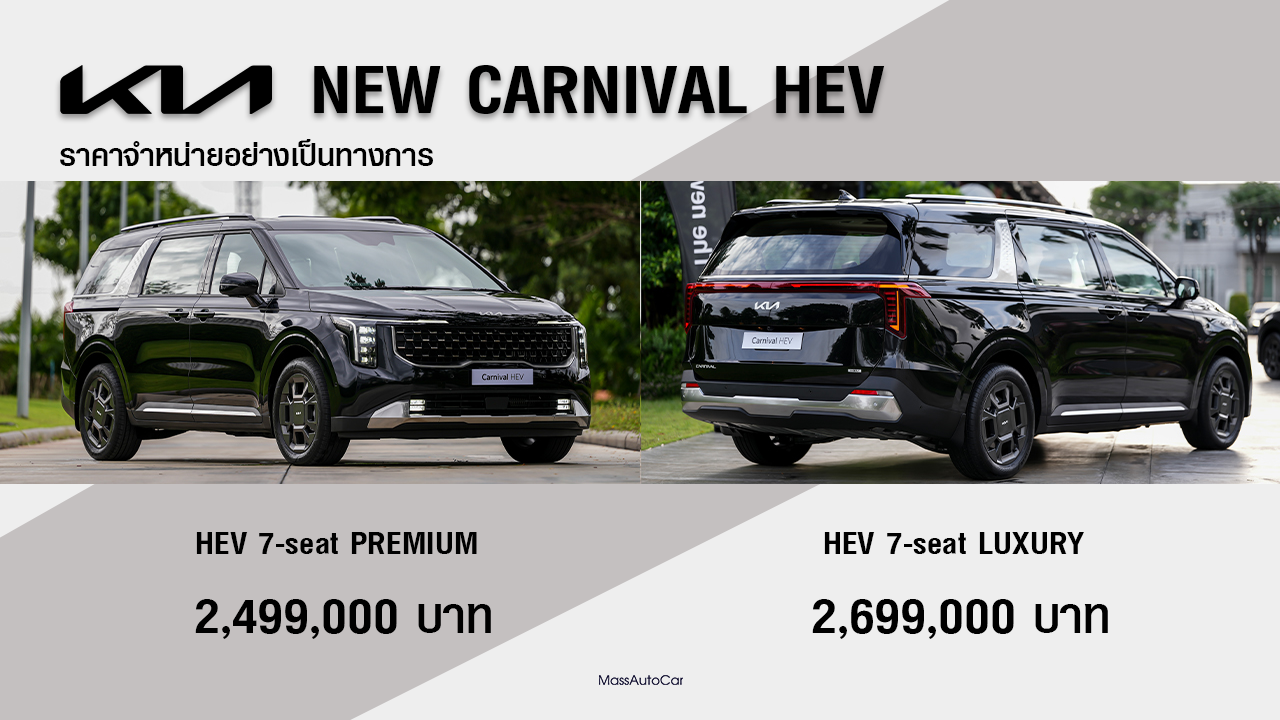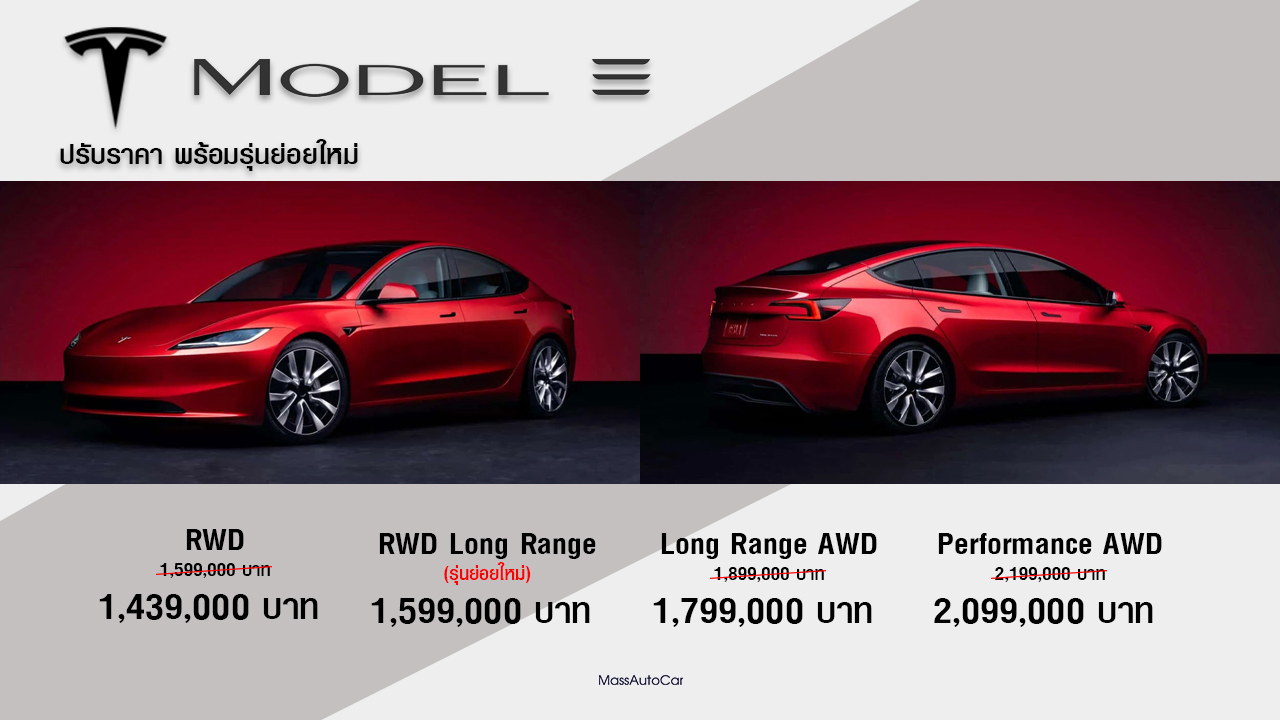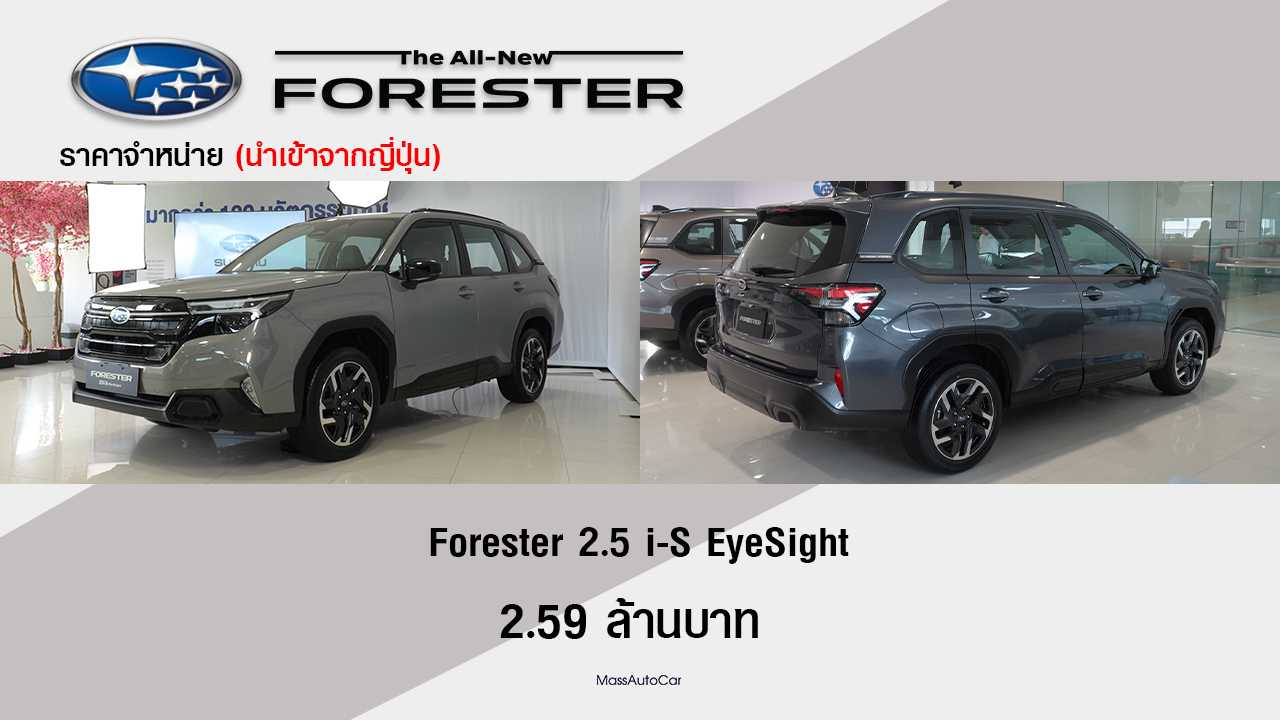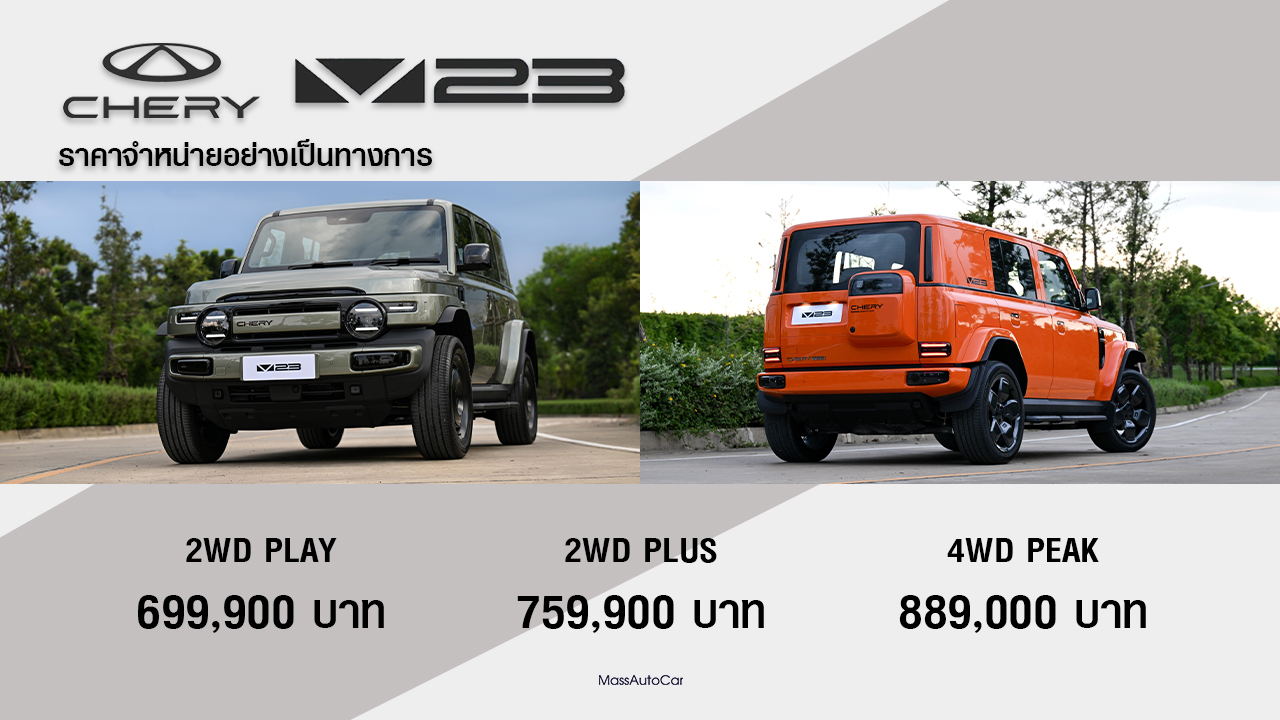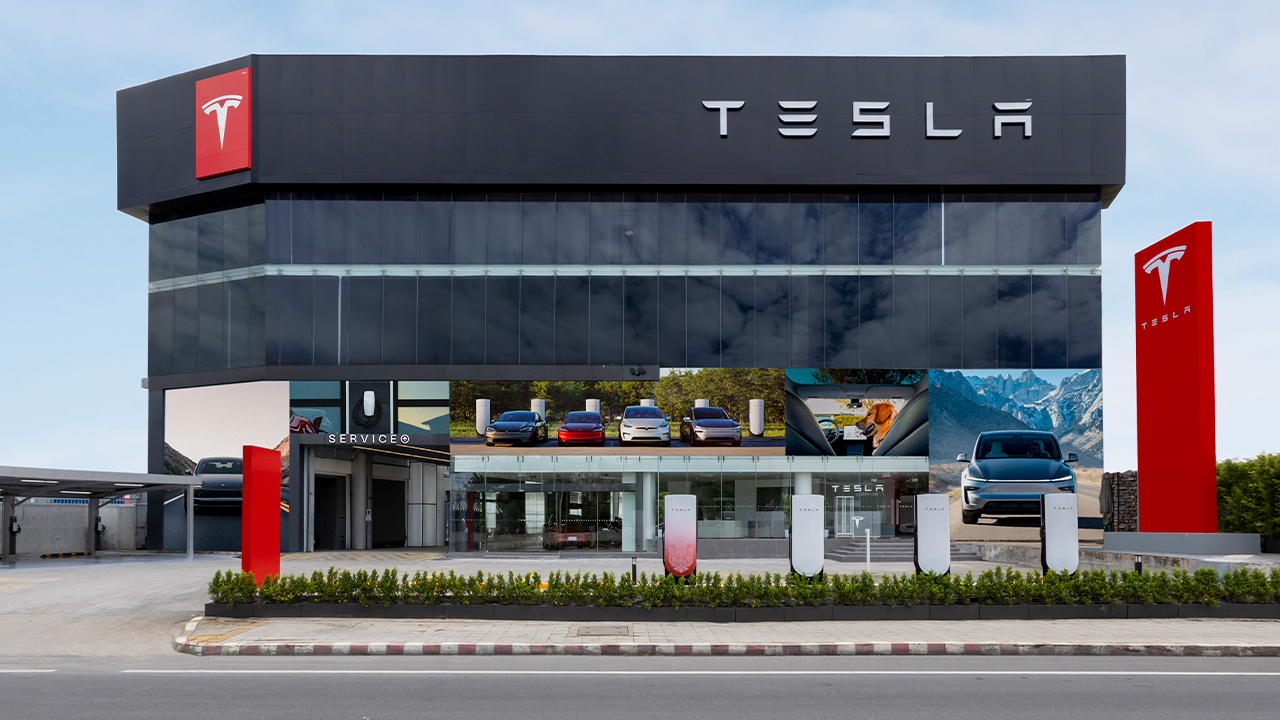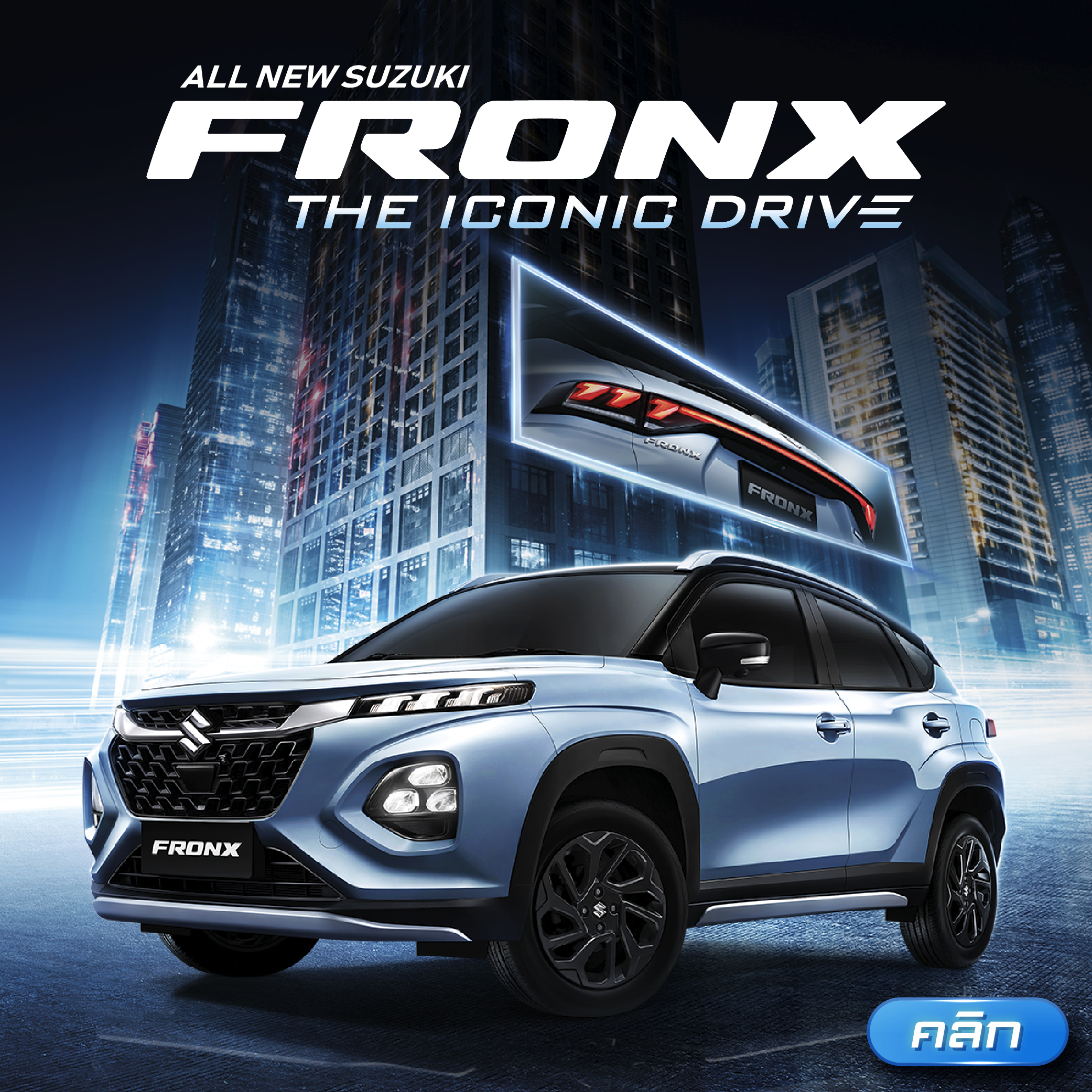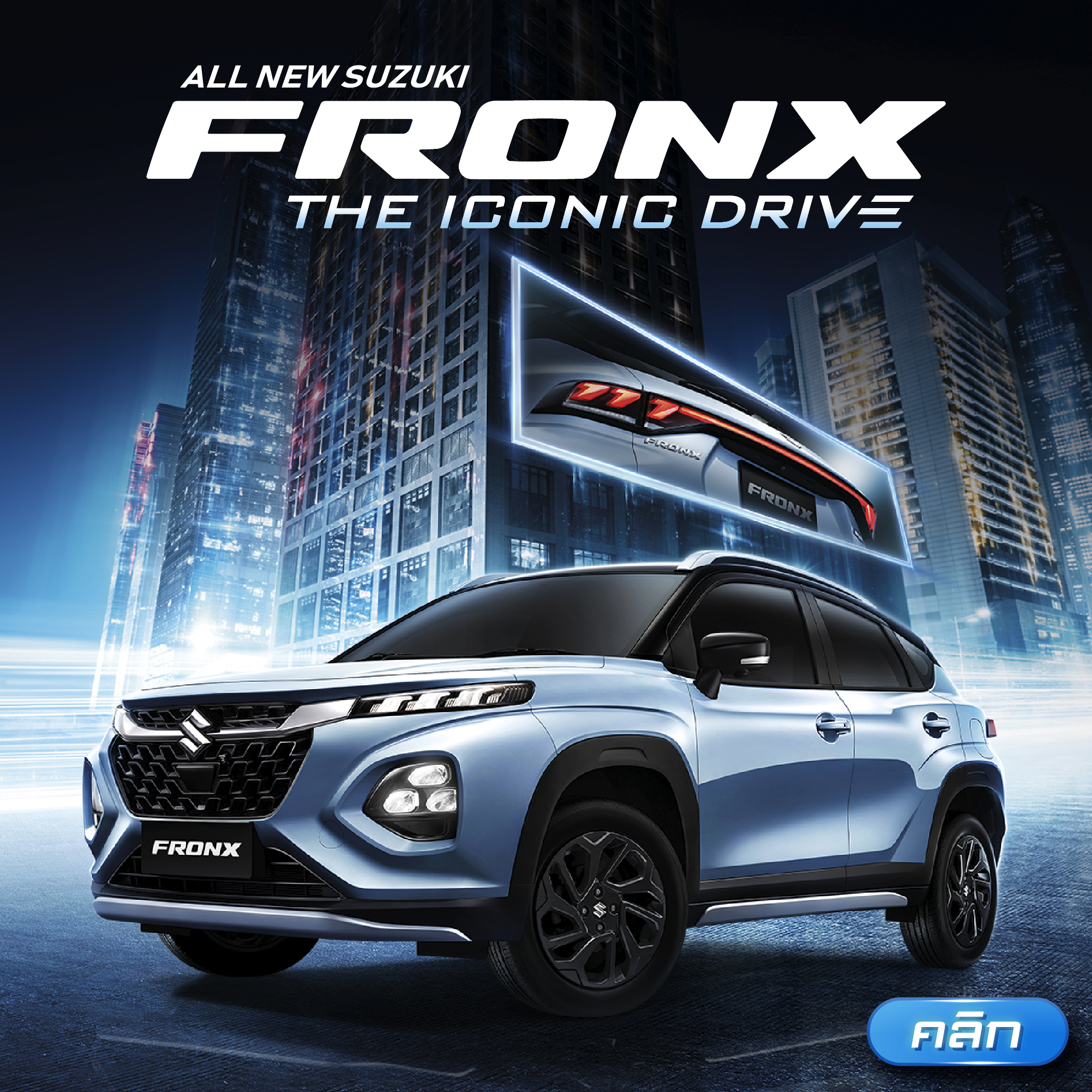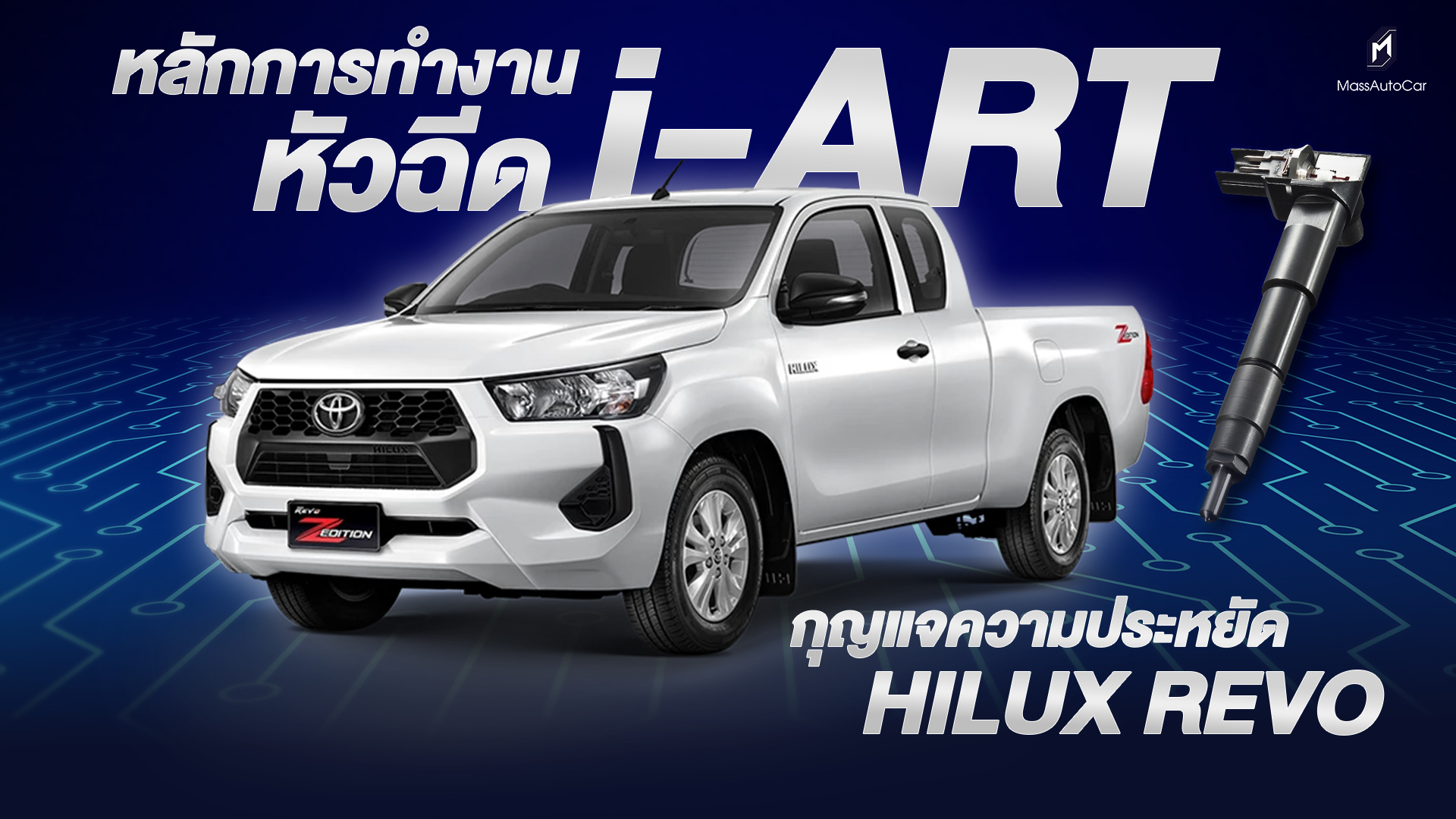
Toyota is currently considered one of the most renowned and influential car brands in the world. In the first half of 2025, the Toyota Corolla ranked as the best-selling car globally, followed by the Toyota RAV4, reflecting the brand’s global success. Meanwhile, the Toyota Land Cruiser remains a top choice for use in remote areas, showcasing Toyota’s commitment to building durable and reliable vehicles.
However, Toyota’s role goes beyond producing its own cars. The Toyota Motor Corporation (TMC) is part of a large business conglomerate known as the Toyota Group, which spans multiple industries. TMC itself is massive, owning several other car brands and holding significant stakes in others. It is also currently Japan’s largest company by market capitalization.
Daihatsu
Toyota acquired full ownership of Daihatsu in 2016 after holding a 51.2% stake since 1998, with the aim of unifying strategy in the small car segment, an area in which Daihatsu excels. While small cars are less profitable than SUVs or sedans – leading many automakers to discontinue them – having Daihatsu under its umbrella allows Toyota to continue producing small, fuel-efficient vehicles for the Asian market. For example, the Southeast Asian version of the Yaris Cross uses Daihatsu’s DNGA platform, while the European model uses Toyota’s TNGA platform. However, in 2023, news broke that vehicles developed on Daihatsu platforms, including some Toyotas, had been rigged to cheat crash tests. This led TMC to halt the development of many Daihatsu small cars and transfer the brand’s development and management teams to Toyota. While the Daihatsu name will remain, future models will use Toyota’s platforms.
Lexus
Lexus was established in 1989 as Toyota’s luxury brand, debuting with the LS 400 and ES 250. The LS 400 received significant acclaim, offering superior build quality, a price nearly half that of German rivals like the S-Class and 7 Series, and far greater reliability. Today, Lexus continues to hold the number-one spot for dependability in the U.S., with the RX and NX ranking as the two best-selling luxury vehicles in 2025. The brand has also produced standout models such as the V10-powered LFA supercar and is preparing to launch the LFR twin-turbo V8 hybrid in the near future. Lexus plans to become an all-electric brand in the U.S. by 2030 and globally by 2035.
Hino Motors
Hino Motors is one of Japan’s largest commercial truck manufacturers. Toyota has held a majority 50.1% stake since 2001. While not particularly well-known in the U.S., Hino sells and assembles trucks in North America. Next year, it will merge with Mitsubishi Fuso under joint ownership with Daimler Truck.
Other brands Toyota owns stakes in
Toyota isn’t only associated with its in-house brands; it also owns significant stakes in other major Japanese automakers. Most notably, it holds a 20% stake in Subaru, giving Toyota voting rights in the company. This partnership has led to the joint development of the Toyota GR 86 and Subaru BRZ sports cars, as well as EVs such as the Toyota bZ4X and Subaru Solterra. Toyota also owns 4.94% of Suzuki, and its acquisition of a 5.1% stake in Mazda was a significant investment that resulted in the establishment of the Mazda Toyota Manufacturing plant in the U.S.
Toyota has also collaborated with Subaru and Mazda on next-generation internal combustion engines designed to run on alternative fuels and in hybrid-electric form. Toyota will develop four-cylinder engines while respecting its partners’ unique configurations – Subaru will produce hybrid boxer engines, and Mazda will work on rotary engines. In a way, Toyota is helping to preserve the rotary.
Aisin and Denso, two of the world’s largest automotive suppliers, are also part of the Toyota Group. Aisin specializes in transmissions and, like its parent company, produces some of the most reliable systems globally, including both conventional automatics and CVTs for Toyota and other automakers. Denso produces high-quality electronic components such as alternators, spark plugs, sensors, and ignition coils, as well as air-conditioning compressors, fuel pumps, filters, and engine cooling sensors. Denso’s parts are renowned for their durability and, in many cases, are even more robust than those of Bosch, the world’s leading auto parts supplier.
Source: Slashgear





